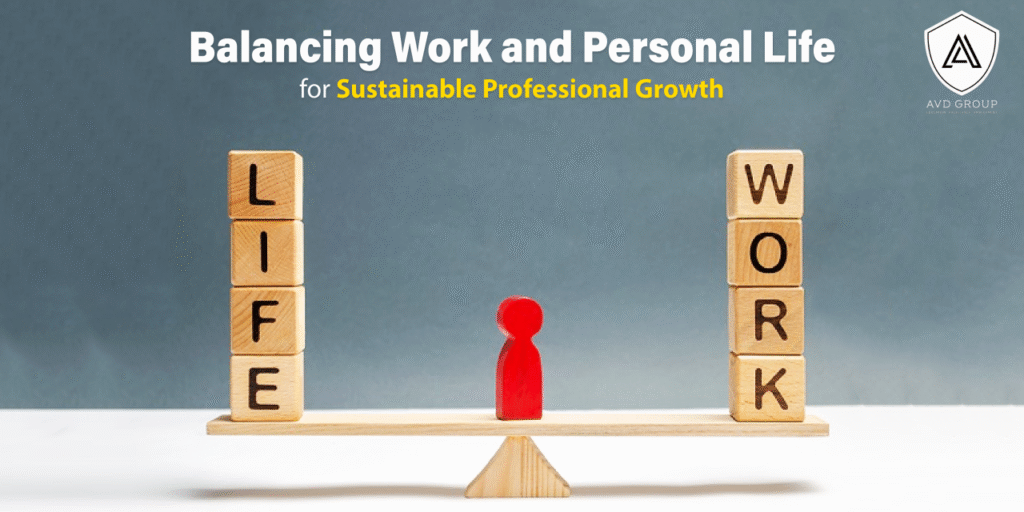
Balancing work and family has become one of the biggest challenges of modern life. With long working hours, endless deadlines, and rising expectations at home, many people feel like they are constantly being pulled in two directions. Parents, in particular, face the pressure of providing for their families financially while also being present for their children emotionally.
This struggle is not new, but it has become more intense in recent years due to rapid technological changes, work-from-home setups, and the growing demand for productivity. While it may feel overwhelming at times, the truth is that with planning, communication, and the right mindset, it is possible to achieve a healthy balance between professional life and personal responsibilities.
In today’s fast-paced world, people often measure success by career achievements. Promotions, salary hikes, and recognition at work are seen as proof of progress. However, this professional success sometimes comes at the cost of family life. Important moments like family dinners, children’s school events, or even spending quality time with loved ones often get sacrificed.
On the other hand, some people feel guilty for prioritizing family over work. They worry about missing opportunities or falling behind in their careers. This constant tug-of-war creates stress, anxiety, and sometimes even burnout.
The pandemic made this issue more visible. While remote work allowed parents to spend more time at home, it also blurred the line between professional and personal life. Many found themselves working longer hours, answering emails during family time, and struggling to set boundaries.

Striking the right balance is not just about happiness—it directly affects health, productivity, and relationships. Here’s why it matters:
Balancing work and family may sound difficult, but small changes in daily routines can make a big difference. Here are some strategies that actually work:
One of the most effective ways to manage both worlds is by setting limits. This means not checking office emails during dinner or avoiding family calls during important meetings. Boundaries create structure and help both sides respect your time.
You don’t have to attend every work meeting or every social gathering. Choosing what truly matters helps reduce pressure. Saying no does not mean failure—it means protecting your priorities.
While technology can blur boundaries, it can also make life easier. Use shared calendars with your family to plan activities, or use productivity tools to finish work faster. But remember to unplug during family time.
Spending hours at home while scrolling on the phone is not true family time. Instead, even 30 minutes of meaningful conversation with your child or partner can have a big impact.
Balancing work and family should not be one person’s job. Sharing responsibilities with your partner or involving children in household tasks can reduce stress and create teamwork at home.
Meal prepping, weekly schedules, and organized routines can save hours of stress. A little planning on weekends can free up valuable time during busy weekdays.
You cannot pour from an empty cup. Exercise, meditation, or even a short walk can recharge your mind and body. When you feel good, both your work and family life benefit.

While trying to find balance, many people make mistakes that only add more stress. Here are a few to avoid:
Consider parents who work demanding jobs yet find time for family rituals like bedtime stories, Sunday outings, or shared meals. These small traditions become lifelong memories for children.
Similarly, professionals who openly communicate with their managers about flexible hours often find more balance. Many companies today are also adopting family-friendly policies like remote work options, childcare support, or shorter workweeks.
These examples show that balance is not about equal hours it’s about being fully present wherever you are.
The concept of balancing work and family is constantly evolving. With more awareness about mental health and employee well-being, companies are realizing the importance of flexible schedules and supportive workplaces. Meanwhile, families are learning the value of quality time over material success.
Ultimately, balance is not a fixed destination but an ongoing practice. Some weeks work may take priority, while other times family will. The key is to adapt, communicate, and make conscious choices.
Balancing work and family is not easy, but it is possible. It requires intention, discipline, and the willingness to let go of perfection. When managed well, it creates a life that is not only successful at work but also fulfilling at home.
In the end, true success is not measured only by career growth but also by the strength of relationships and personal happiness. Finding harmony between work and family ensures that both worlds thrive together, creating a healthier and happier future.
READ MORE:- Shobha Realty Launches Its Most Luxurious Project Yet—Full Details Inside 2025
